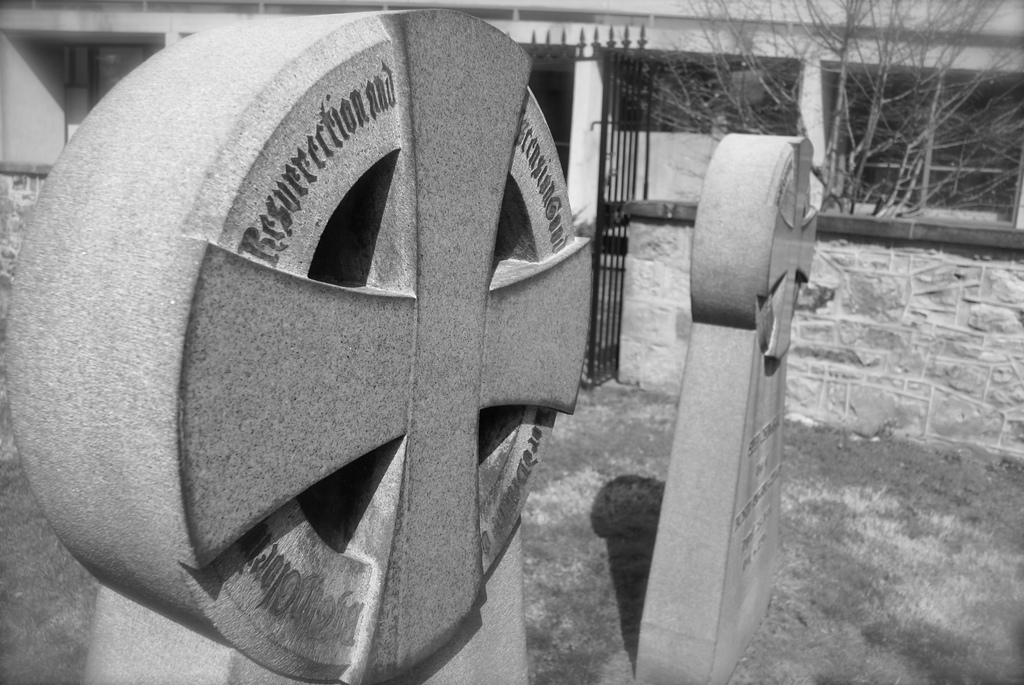
When I was being shown around Freiburg last week my guide actually stumbled and then stopped and pointed to be the “Stolperstein” upon which she had halted. This term literally translates as a “stumbling stone” and is a small concrete cube covered in brass that is etched with the name of a single Jew or other victim of the Nazi regime who was deported and killed. The dates of their deportation and death are also inscribed on the stone. It is placed on the sidewalk before the place that had been there home. These Stolpersteine are now found throughout Germany and in other countries as well.
For Jews demand signs and Greeks desire wisdom, but we proclaim Christ crucified, a stumbling block to Jews and foolishness to Gentiles, but to those who are the called, both Jews and Greeks, Christ the power of God and the wisdom of God.
What the apostle Paul is saying here is that the notion of the Messiah being crucified made no sense to those Jews who were waiting and expecting God’s anointed one. Jesus’ death as a criminal on a cross was too big a hurdle for them to overcome to believe that he was actually the Messiah.
Given our English translation of the Greek σκάνδαλον (scandalon) you can understand why my ears were pricked to learn that this memorial to the victims of the Holocaust was called a Stolperstein. It seemed significant to me, as if to say that the death of so many by the Nazis and those who worked with them and failed to work against them is itself a scandalon to Christians. Or at least it ought to be. It ought to be a challenge to their fundamental faith.
Now, as it turns out, having had a chance to check a few German versions of this passage, it appears that completely different German words were used to translate scandalon. In the Hoffnung für Alle it is “eine Gotteslästerung,” “blasphemy,” and in the the 1545 Luther translation it is “ein Ärgernis,” “scandal.” The former certainly conveys the sense well and the latter is more literal, in both cases it is not Stolperstein. Still, it certainly made me pause and consider my faith.




